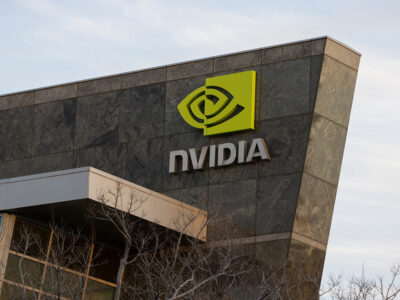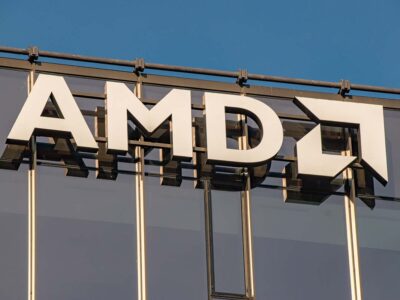Wednesday, September 14. A date big tech companies will try and forget in a hurry.
Court upheld record fines, new fines were imposed and there is a possibility of more fines after new lawsuit…everything happened to companies like Google, Amazon and Meta, and in geographies as widespread as the United States, Europe and Korea.
The big news Wednesday was Google suffered a massive setback in European Union when Europe’s General Court upheld a ruling that it broke competition rules.
Alphabet, Google’s parent company, had challenged the EU antitrust ruling, but not only was the decision upheld, the court only trimmed the 4.34 billion euros fine to 4.125 billion euros ($4.13 billion).
Earlier in the day, South Korea had levied fines of 69.2 billion won ($50 million) on Google and 30.8 billion won ($22 million) on Meta for violating privacy laws.
In a statement, the Personal Information Protection Commission (PIPC) said the firms did not clearly inform service users and obtain their prior consent when collecting and analysing behavioural information to infer their interests or use them for customised advertisements.
The lawmakers were not done yet.
California filed a lawsuit accusing Amazon of using its market influence to prevent merchants from offering buyers better deals elsewhere online, thus violating the state antitrust law.
California Attorney General Rob Bonta said in the lawsuit that Amazon pressures merchants not to list items at lower prices on other websites, which hurts both sellers and consumers.

The dispute between Google and the EU courts started in 2015 and centres around the company’s use of the Android operating system to quash competition.
In Luxembourg, the court said: “The General Court largely confirms the Commission’s decision that Google imposed unlawful restrictions on manufacturers of Android mobile devices and mobile network operators in order to consolidate the dominant position of its search engine.
“In order better to reflect the gravity and duration of the infringement, the General Court considers it appropriate however to impose a fine of 4.125 billion euros on Google, its reasoning differing in certain respects from that of the Commission.”
Margrethe Vestager, the EU antitrust chief, said: “This, of course, is really good. Now, we have the second Google judgment and for us, it is really important as it backs our enforcement efforts.”
Google said in a statement it was disappointed with the judgment.

“We are disappointed that the Court did not annul the decision in full. Android has created more choice for everyone, not less, and supports thousands of successful businesses in Europe and around the world,” the company said.
In Korea, both Google and Meta disagreed with the PIPC findings.
A Meta spokesperson said: “While we respect the commission’s decision, we are confident that we work with our clients in a legally compliant way that meets the processes required by local regulations. As such, we do not agree with the commission’s decision, and will be open to all options including seeking a ruling from the court.”
Amazon had faced a similar lawsuit from the attorney general in Washington, which was dismissed by the judge.
“Similar to the DC Attorney General – whose complaint was dismissed by the courts – the California Attorney General has it exactly backwards,” an Amazon spokesperson said.
“The relief the AG seeks would force Amazon to feature higher prices to customers, oddly going against core objectives of antitrust law.”
In a statement, Bonta said: “Amazon coerces merchants into agreements that keep prices artificially high, knowing full well that they can’t afford to say no. Many of the products we buy online would be cheaper if market forces were left unconstrained.”





